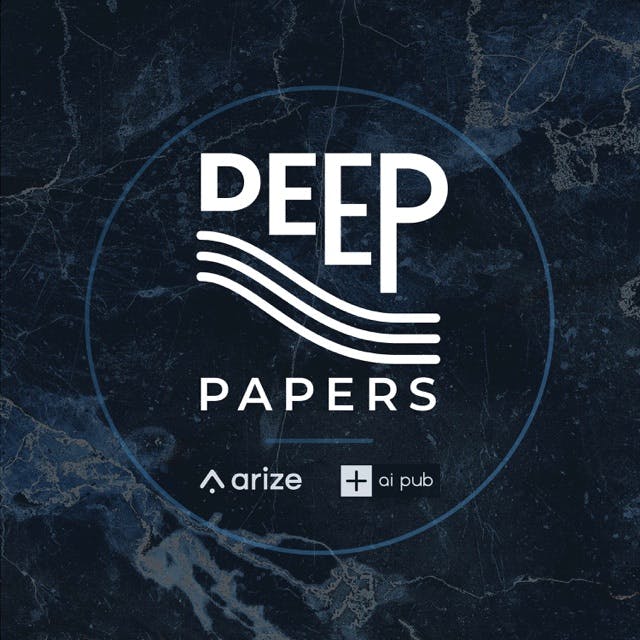Breaking Down EvalGen: Who Validates the Validators?
The episode discusses various aspects of aligning evaluation criteria with user needs, including the use of LLM judges, workflow for setting criteria, balancing assertions in language models, email generation workflow, open source evaluation library Phoenix, managing metrics in LLM evaluation, and streamlining the evaluation process.

